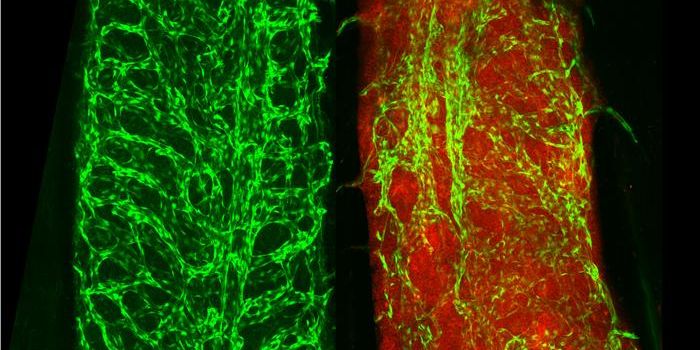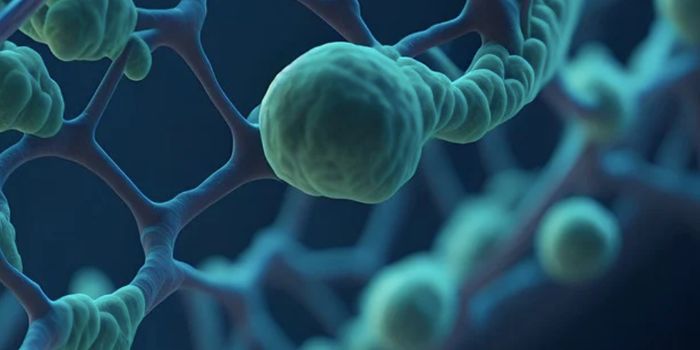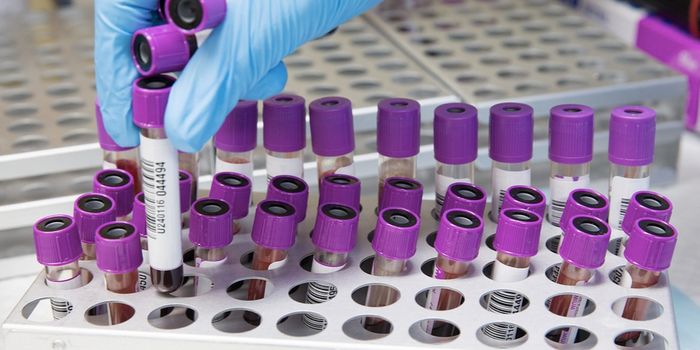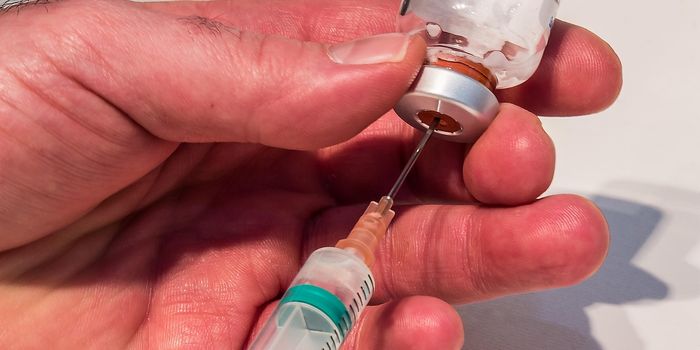Investigating a New Target Against Esophageal Cancer
Esophageal cancer remains one of the most dangerous cancers in the world. Most therapies center around chemotherapy, radiotherapy, surgery, or a combination of these. Esophageal cancer has a low success rate with these treatments. However, research exposes new therapeutic targets every year.
One example that has developed from this is targeting the glycogen synthesis pathway. There is a clear decrease in glycogen levels in many cancers, so it stood to reason it would be a source of possible targeted therapies. A team from Kanazawa University in Japan studied it before and found that the protein GSK3β (glycogen synthase kinase 3β) might be a suitable target.
The team had previously identified that glycogen synthase (which makes glycogen from glucose), is inactivated by glycogen synthase kinase 3β. In esophageal cancer, GSK3β was more active than in healthy tissues and was associated with cancer progression. The team knew that GSK3β inhibition could suppress this pro-tumor activity but not how it did so. They began an investigation to figure out how GSK3β inhibition managed to suppress tumor growth.
They first confirmed that GSK3β levels were elevated in esophageal cancer versus healthy tissues. Inhibitors directed at GSK3β also impaired the growth of esophageal cancer cells, while healthy cells remained unaffected. These observations confirmed that GSK3β was an effective target for anti-cancer therapy.
The team knew that many cancer treatments work by impairing cancer growth by affecting the cell cycle, which usually resulted in the cell’s termination. They tested GSK3β inhibitors and found that they stalled cancer cells during the cell cycle. These cells were then confirmed to be terminated by apoptosis (a cell death pathway).
Finally, the team wanted to test the safety of GSK3β inhibitors in a mouse model. Application of GSK3β inhibitors to mice with tumors significantly slowed tumor growth, with the mice experiencing no adverse effects from the treatment.
This study provides substantial evidence supporting GSK3β inhibitors use as cancer therapeutics. The inhibitors managed to impair cell growth pathways by preventing the activation of GSK3β without harming healthy cells. One of the inhibitors tested is even in clinical trials, the final testing phase of new therapeutics.
The study concludes, “Taken together, the present study reinforces the notion that GSK3β is a potential therapeutic target in ESCC, thereby including this as another tumor type susceptible to GSK3β-targeted therapy.”
Sources: Nature Scientific Reports, Roswell Park Comprehensive Cancer Center









